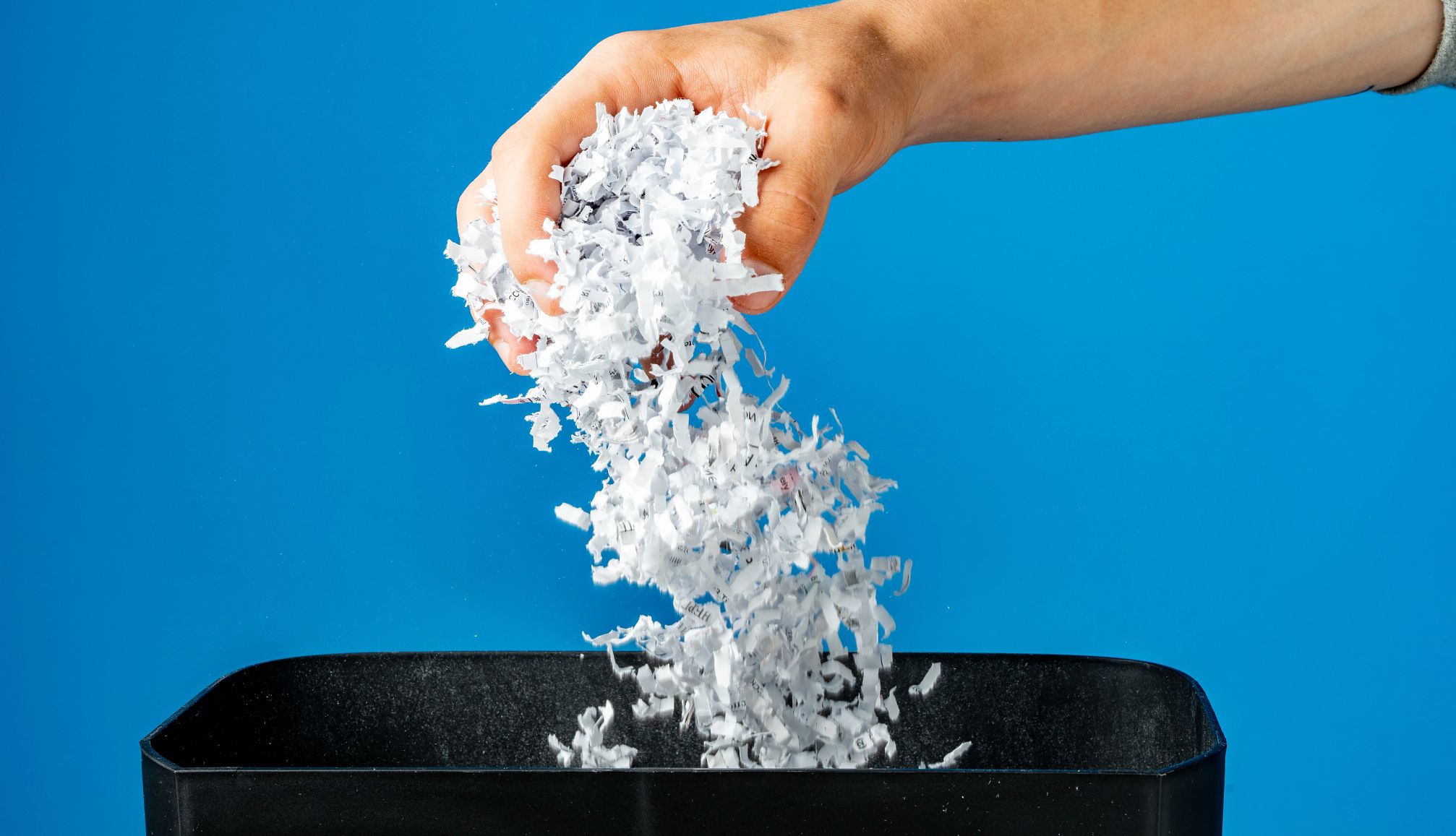AARP Hearing Center


There’s a fine line between holding on to important financial and medical records and hoarding. You don't have to keep those canceled checks from the 80s, but you should dispose of them safely. Here’s when to get rid of them, and suggestions of ways to do so safely:
1. Tax returns
Don’t plan on running for president? Hold on to your old tax returns and supporting documents for three years, counting from the return’s due date or the date you filed (whichever comes later). That’s the window the IRS has to audit you to catch any mistakes, explains Mark Steber, chief tax officer at Jackson Hewitt.
If you’re self-employed or have a complicated return, though, double that to six years, which is how much time the IRS has to audit you if it suspects you’ve grossly underreported your income.
However you earn your money, check your My Social Security account before you shred so you can verify that Social Security has accurately recorded your earnings for each year. Having your tax returns in hand will make it easier for you to get your figures corrected.
Do you own your home? Keep financial records related to real estate for seven years after you sell, the IRS advises. By using home-improvement receipts, you can potentially reduce any taxes you might owe on the sale.
2. Banking and investment account paperwork
If there’s a possibility you or your spouse will be applying for Medicaid for nursing home coverage, in most cases you’ll need to produce five years of financial records — banking, credit card and brokerage statements. That’s so the government can look for any asset transfers that might delay your eligibility.
Otherwise, keep banking and financial statements for a year, except those issued for income-related purposes to provide the IRS with a record of tax-related transactions, says Jennie Gift, vice president of member services at the International Secure Information Governance & Management Association.

































































More From AARP
Show Me the Money: How to Find Unclaimed Assets
About one in every seven Americans has unclaimed cash or property, according to the National Association of Unclaimed Property Administrators
AARP Smart Guide to Decluttering
39 strategies on how to donate, ditch and downsize the things filling up your home
The New Go Bag: What You Need in Your Emergency Escape Kit
See the essentials experts recommend you keep in an emergency bag